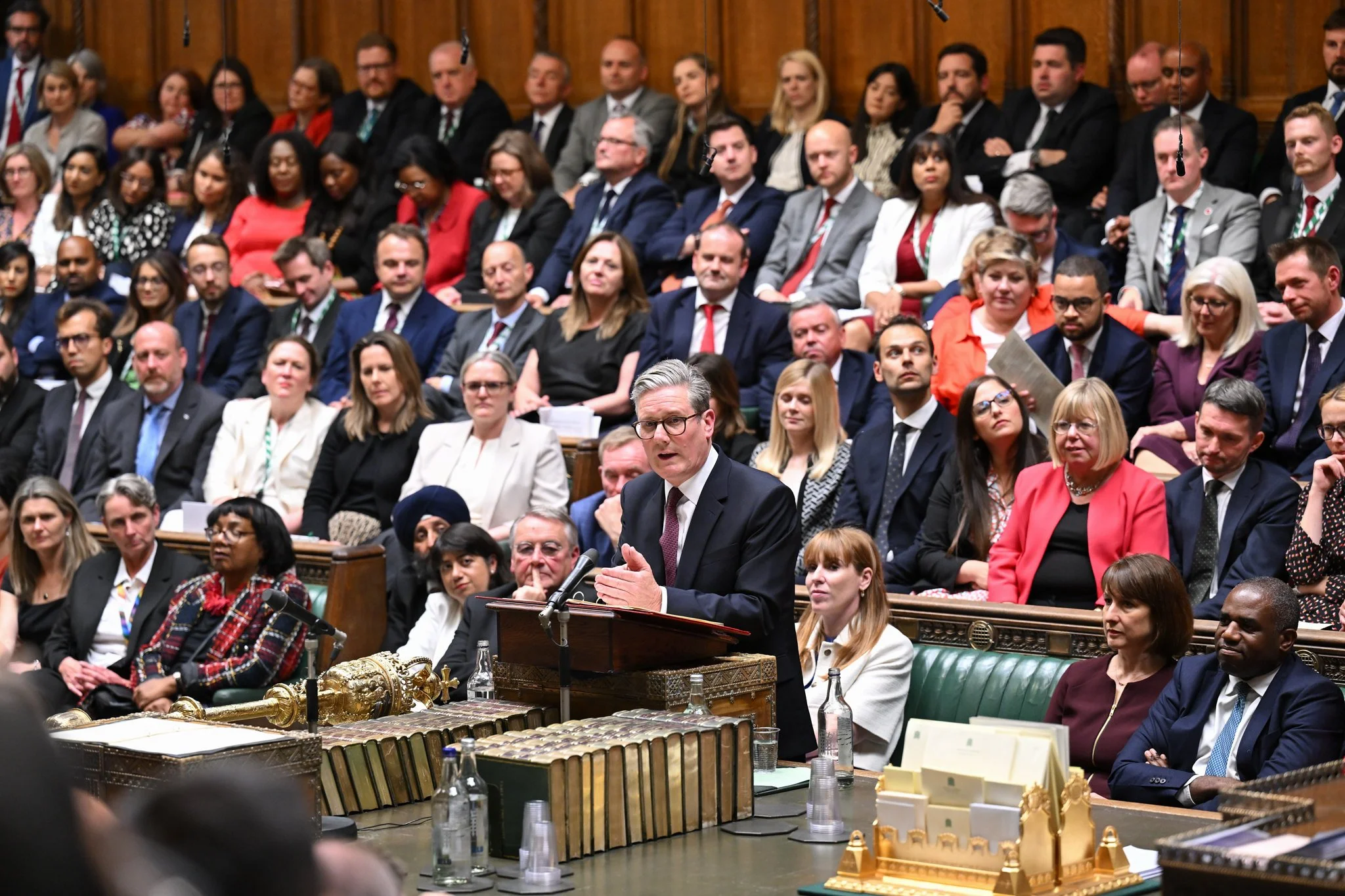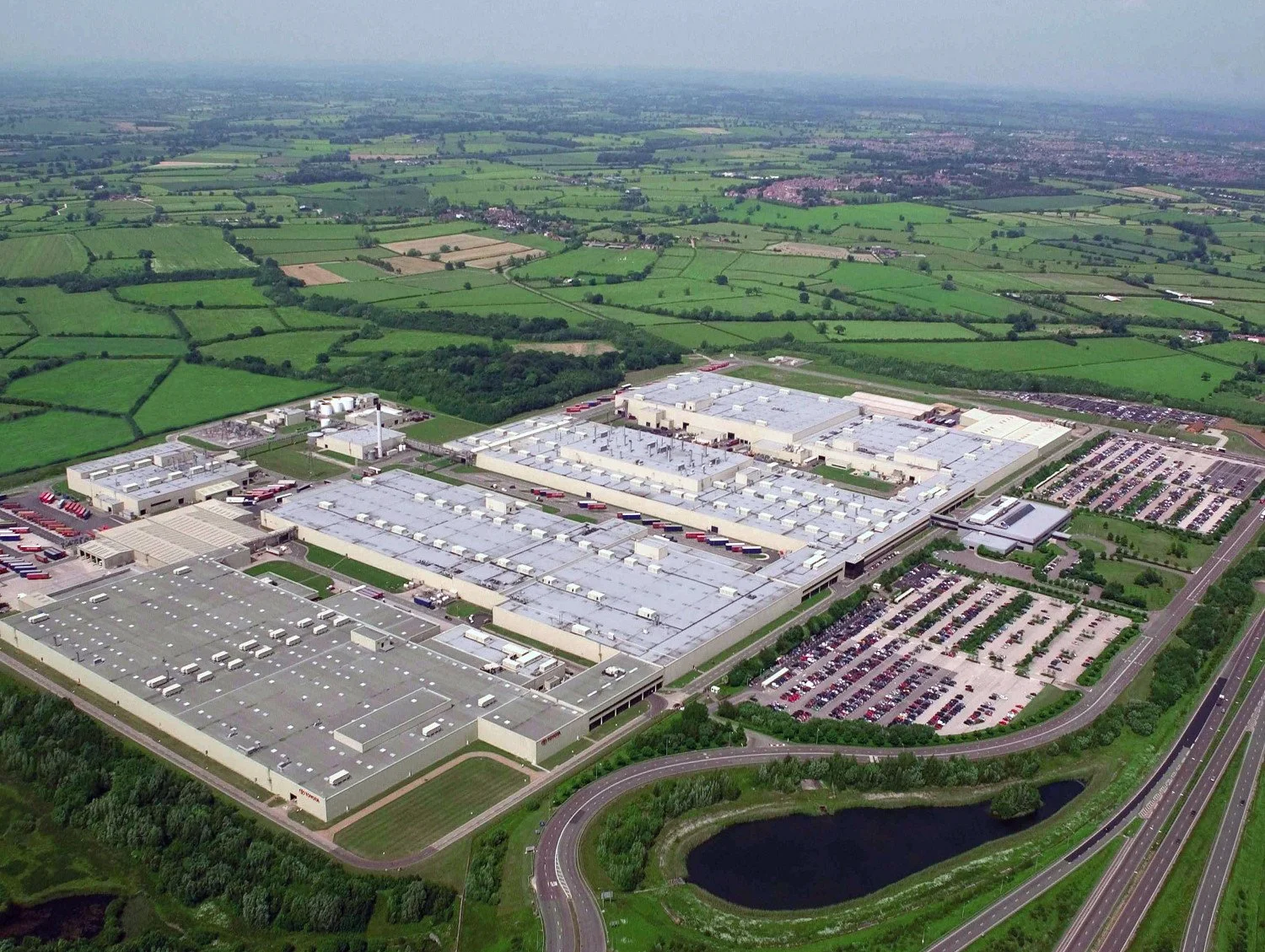Hold on, is the 2030 ICE ban back on?
Has the 2030 ICE ban just been quietly reinstated?
The Labour government has formally proposed reinstating the 2030 ban on internal combustion engine (ICE) vehicles, reversing the Conservative government’s earlier decision to extend the deadline to 2035. In a letter submitted to Parliament, Transport Minister Heidi Alexander emphasised the importance of "restoring clarity" to the automotive sector, suggesting the delay to 2035 caused "significant harm." A consultation with the industry is set to follow.
Speaking about the process, Alexander remarked: “This consultation marks a new phase of collaboration between the government and the automotive and charging sectors as we support and work together with industry to grasp the opportunities of this ambitious and transformative shift – ensuring the prosperity and security of our nation, with higher growth, better jobs, and cheaper bills. This transformation is a challenge we can meet by working together.”
What Does This Mean for ICE Vehicles?
The consultation will focus on defining the types of vehicles permitted between 2030 and 2035 alongside electric vehicles (EVs). However, the government maintains its stance that by 2035, all new cars and vans must be zero-emission.
Under the original 2030 plan, purely petrol or diesel ICE vehicles without hybrid assistance would no longer be sold. However, Alexander’s statement notably omits any mention of hybrid vehicles, leaving an area of ambiguity that the consultation aims to address.
A Pivotal Moment for the UK Automotive Industry
Labour’s intent to reinstate the 2030 ban has been widely discussed, and this letter signals their commitment to the earlier deadline. The move is framed as an effort to provide clarity to an industry grappling with an uncertain future, balancing long-term survival with the push for increased EV adoption. However, faltering EV sales—driven by consumer hesitations—add complexity to this ambitious timeline.
The consultation could offer a silver lining. By engaging with manufacturers, the government hopes to gain a clearer understanding of current and future market conditions, potentially leading to a more practical and informed decision. Nevertheless, with just five years to go, much of the UK’s automotive sector remains unprepared for an EV-only future.
Nissan has taken the lead, upgrading its Sunderland facility to accommodate EV production alongside its hybrid Qashqai and Juke lines. Conversely, Toyota has yet to announce plans to transition its Derby site from producing hybrid Corollas to EVs.
Considerations for the UK’s numerous small volume manufacturers will also be reviewed as part of the consultation as well as demand measures to support the uptake of zero emission vehicles.
The ZEV Mandate: A Contentious Policy
The government’s consultation also revisits the Zero Emission Vehicle (ZEV) mandate. This policy sets annual targets for EV sales and penalises manufacturers who fall short. For 2024, manufacturers are expected to ensure 22% of their sales come from electric vehicles. Yet, the 2023 figures paint a troubling picture, with less than 40% of manufacturers meeting the target. Major players like Toyota and Ford posted modest EV sales of around 8%.
Despite these shortfalls, the Department for Transport confirmed that no financial penalties were imposed, thanks to flexibilities in the scheme. The consultation will explore potential changes to these flexibilities and evaluate how the ZEV mandate might evolve to better align with market realities.
Looking Ahead
As the 2030 ICE ban looms, the UK automotive industry faces mounting pressure to pivot back towards electrification. While the consultation offers manufacturers a platform to voice their concerns and shape future policy, the clock is ticking. For many, the next five years will be a race against time to adapt to a transformative and uncertain future.
words: Matt Simmonite




